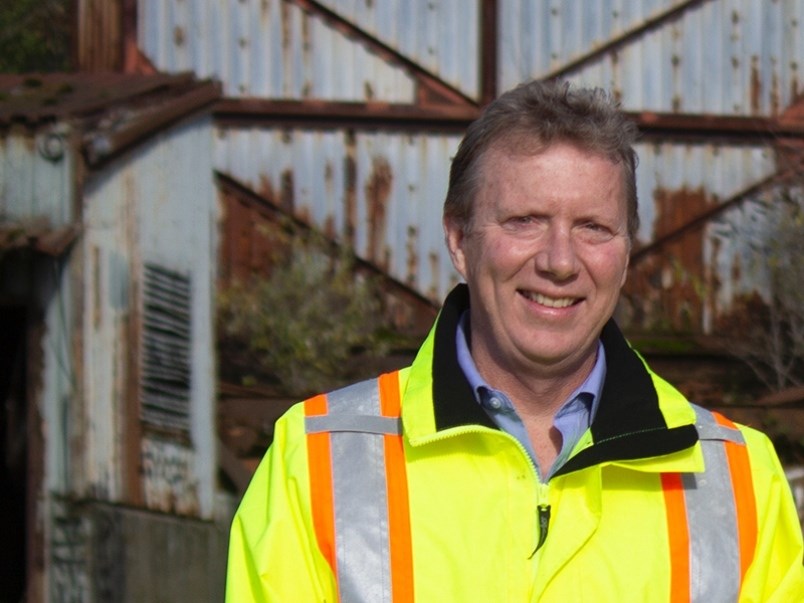qathet Regional District’s board of directors will consider delegating staff with the authority to spend up to $50,000 per component for the resource-recovery centre.
At the August 13 committee of the whole meeting, regional directors considered a recommendation to allow staff the ability to single source parts, equipment, labour services and expertise for the 2020 to 2022 Marine Avenue resource-recovery centre capital project up to a maximum value of $50,000.
City director George Doubt said he’d read the staff report and it makes sense to do it.
“There’s a long list of reasons in the report about why it makes sense to do that. My simple question is about the staff approvals for when these decisions are made for single source purchasing,” said Doubt. “I think the chief administrative officer (CAO) and one other manager would sign off. I’m just concerned about what the process is going to be, to make sure the money is being well spent and we are getting value for the money.”
Manager of asset management and strategic initiatives Mike Wall said management has different spending authorities under the purchasing authority bylaw and his is $10,000 or less, and then he needs to go to the CAO.
“Anything over $10,000 requires duplicate signatures,” said Wall.
Doubt said his assumption is spending decisions would be documented somewhere so if auditors had questions there would be some kind of paper trail about who has made the decision.
Wall said it is done through a purchase order system and on the purchase orders an explanation is written regarding why the regional district has gone with a service provider.
Electoral Area B director Mark Gisborne asked if the board sanctions an increase to $50,000, it doesn’t have to go through a request for proposals and doesn’t need board approval, either.
Wall said that is correct.
Gisborne said he was hesitantly willing to support the recommendation but he has concerns about the overall accountability of what the board spends by saying staff can spend up to $50,000 without the board’s approval.
“Sometimes we’ve talked about $1,000 here or $10,000 there and the implications on taxation,” said Gisborne. “With what we are proposing here, $50,000 can be spent multiple times without the board knowing about it. If it’s anything above $10,000, I’d at least like the board to know about it so we can keep an eye on this. That’s my concern but I’ll support it.”
Electoral Area E director Andrew Fall said he supports the recommendation and he also supports the comments made by Gisborne.
“It would be good for the board to be kept apprised,” said Fall.
Wall said the spending that the recommendation is talking about is within the budget approved by the regional board.
He said a factor in wanting the $50,000 expenditure was weather. He said going through a four-week time period for board approval on expenditure inhibits the ability to finish some of the work prior to heavy rainfall or other inclement weather conditions.
“It is a large project and it’s fairly specialized,” said Wall. “The ability for staff to be able to hire local qualified professionals in a timely manner is really helpful to the success of the project.”
Wall said in the first phase of work for the resource-recovery centre, the cleanup was budgeted for $600,000 and it came in at about $350,000. He said he will be getting back to the board in the second phase of the project with what is budgeted, where the tenders came in, the company hired and the actual cost.
Gisborne said it is not practical or cost-effective to take every element valued at more than $10,000 to tender.
“Hearing Mr. Wall’s input, that makes a lot of sense,” said Gisborne.
The committee voted to send the matter to the regional board for approval.



